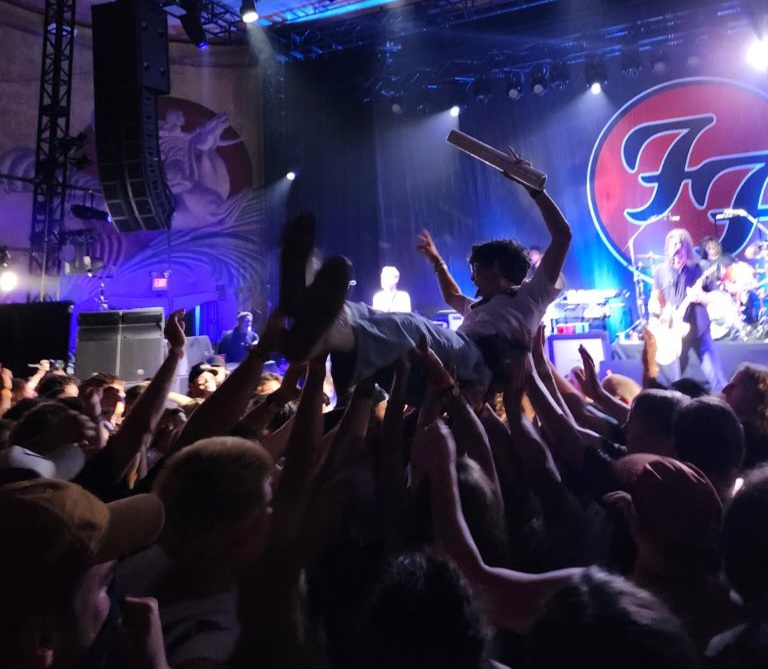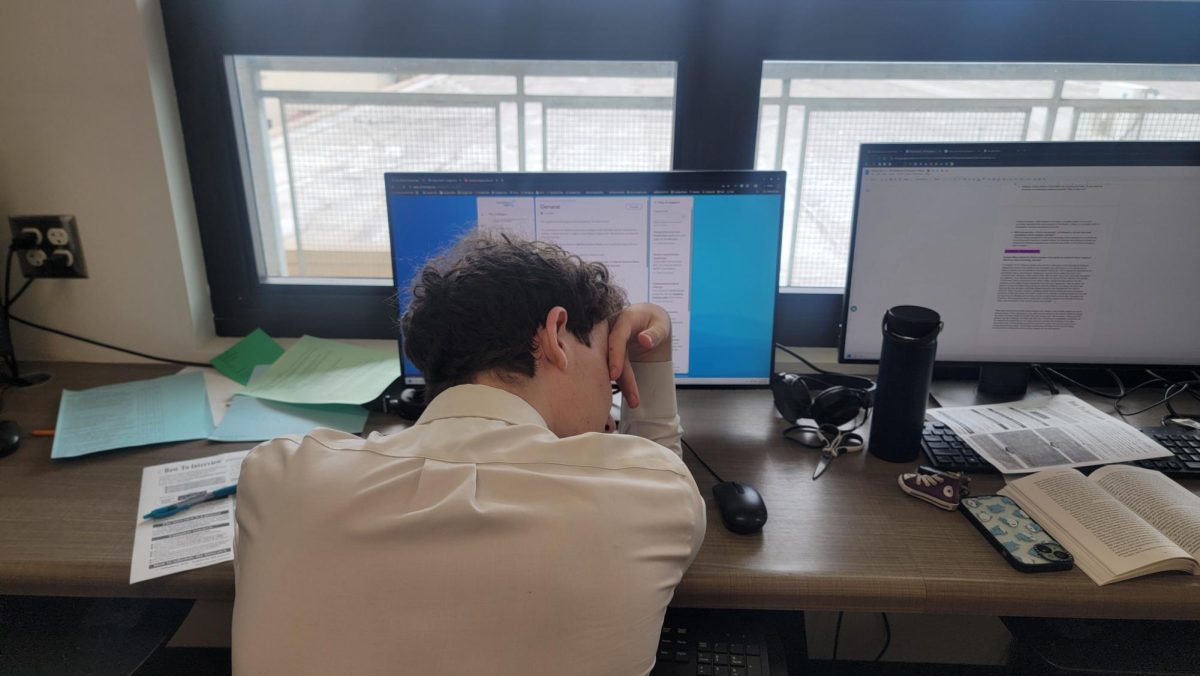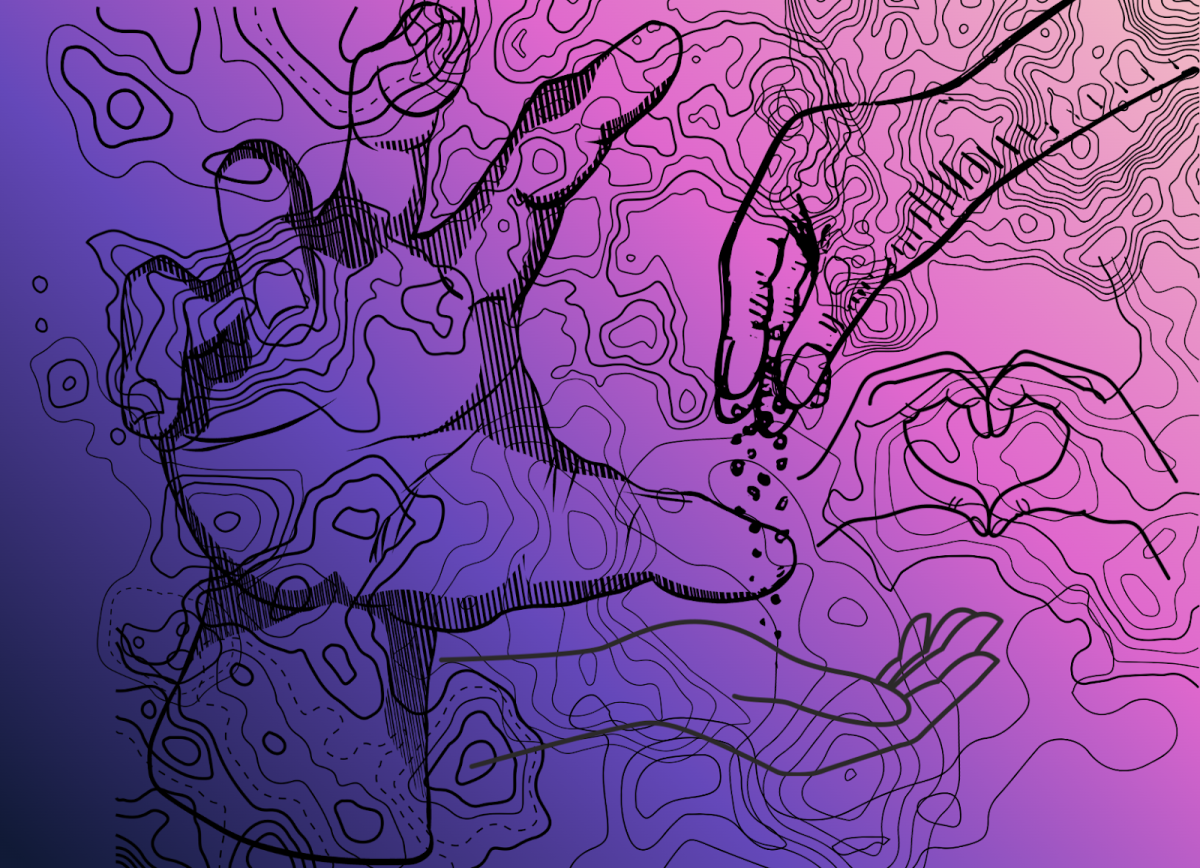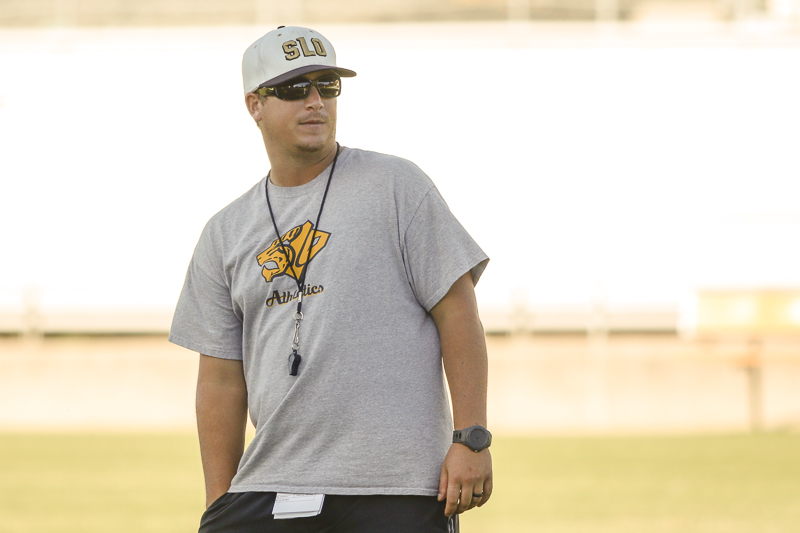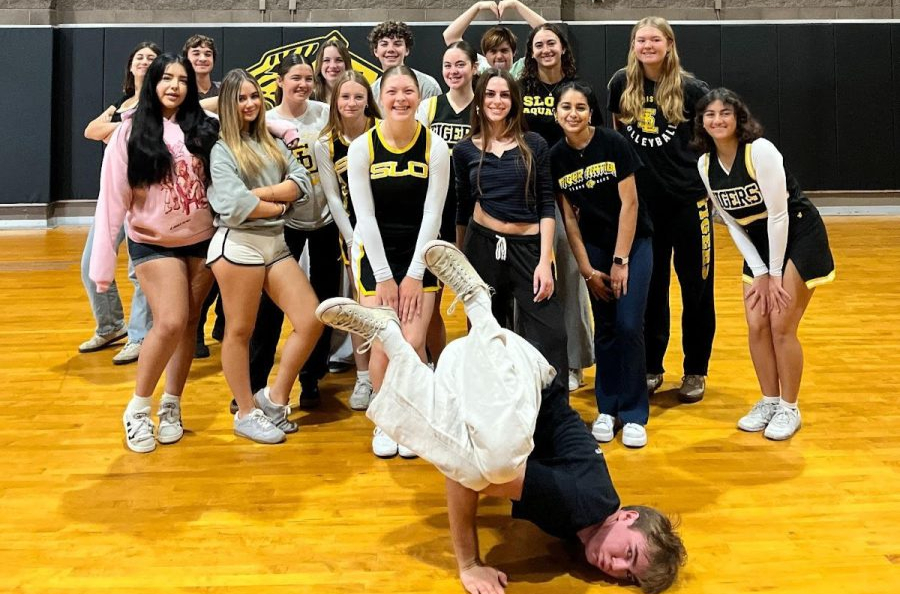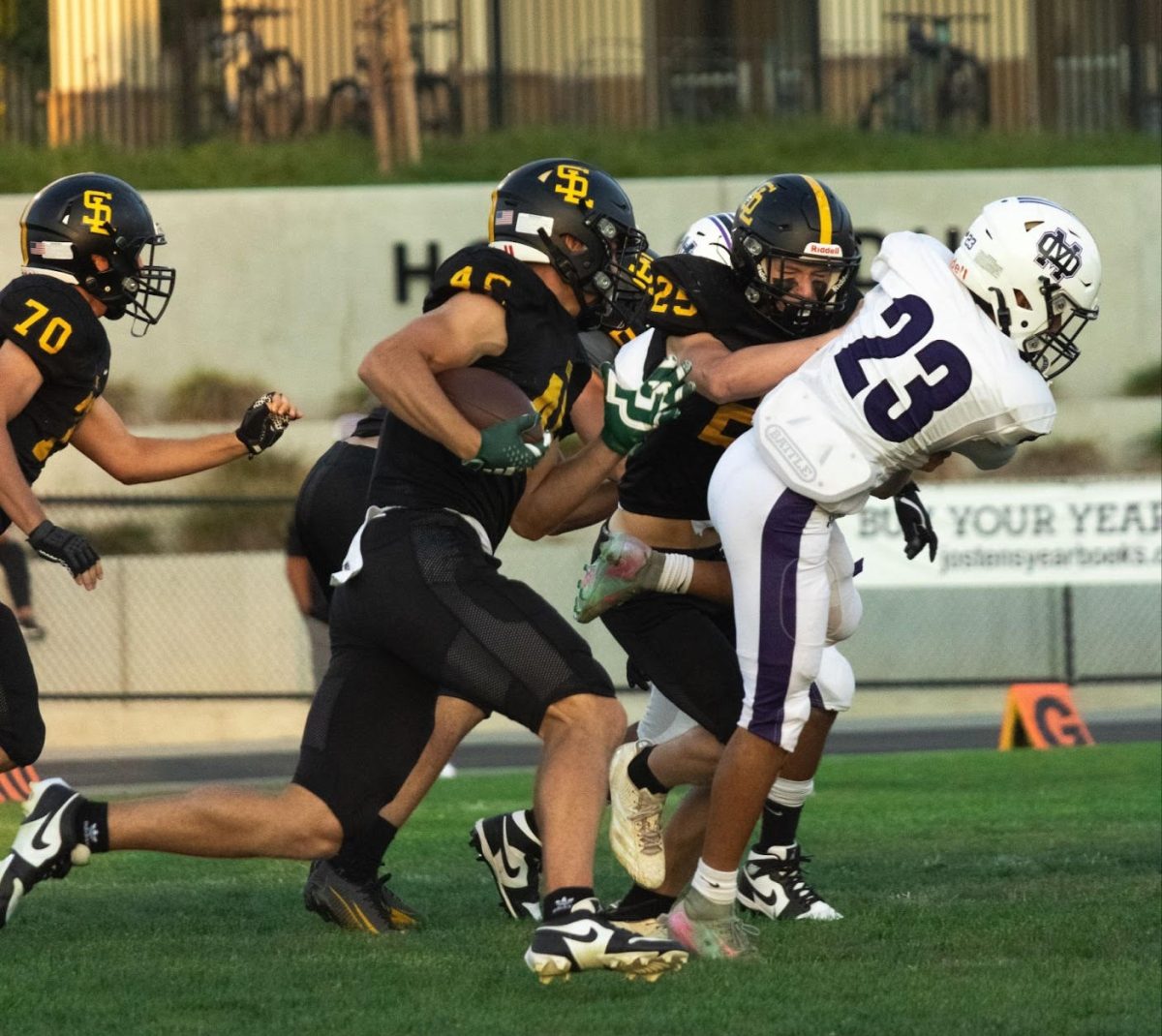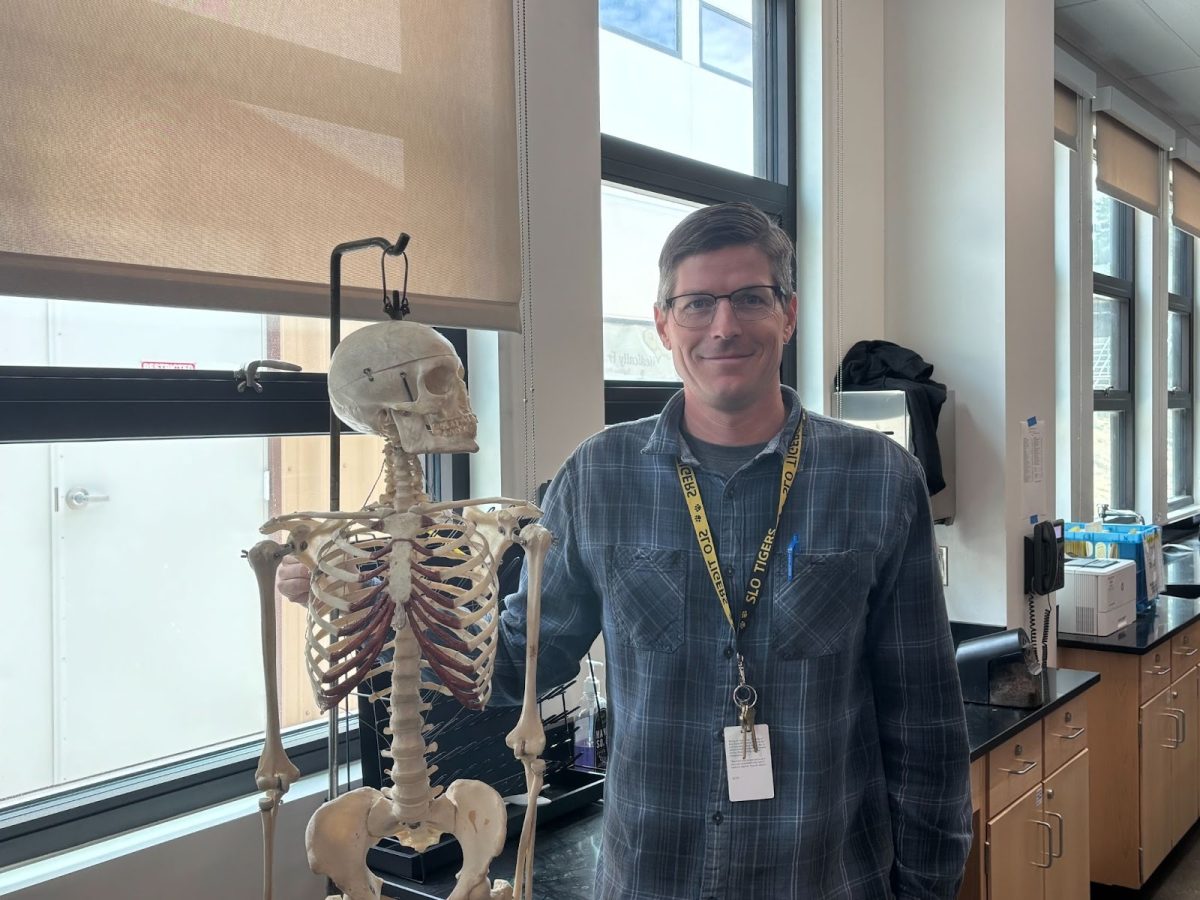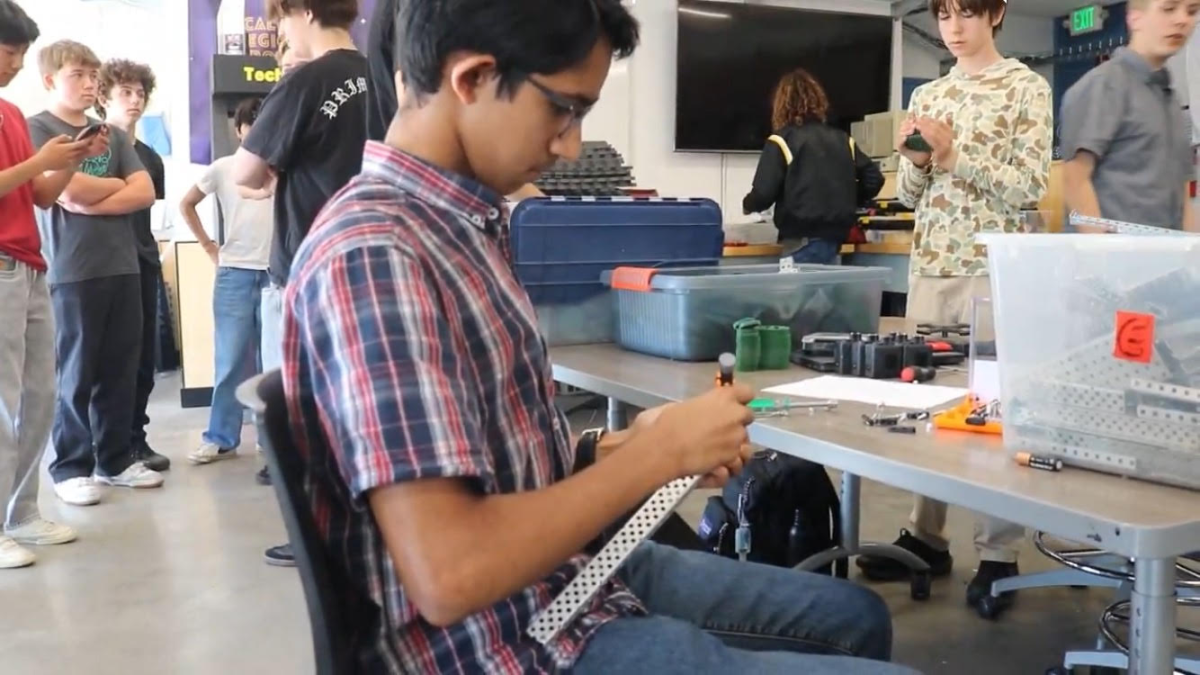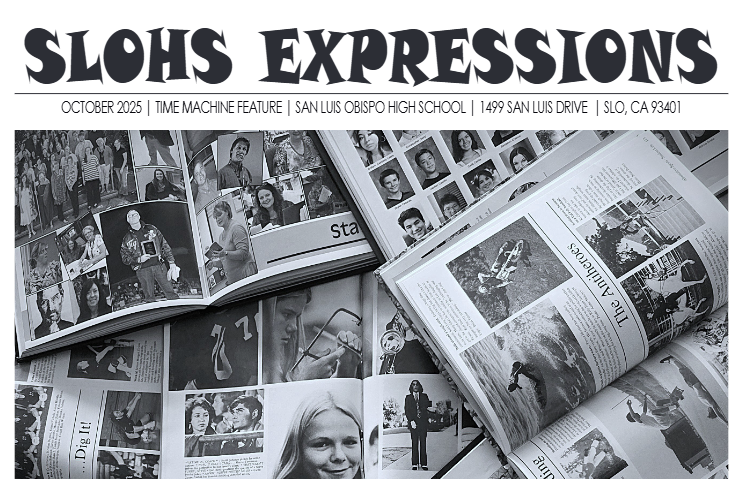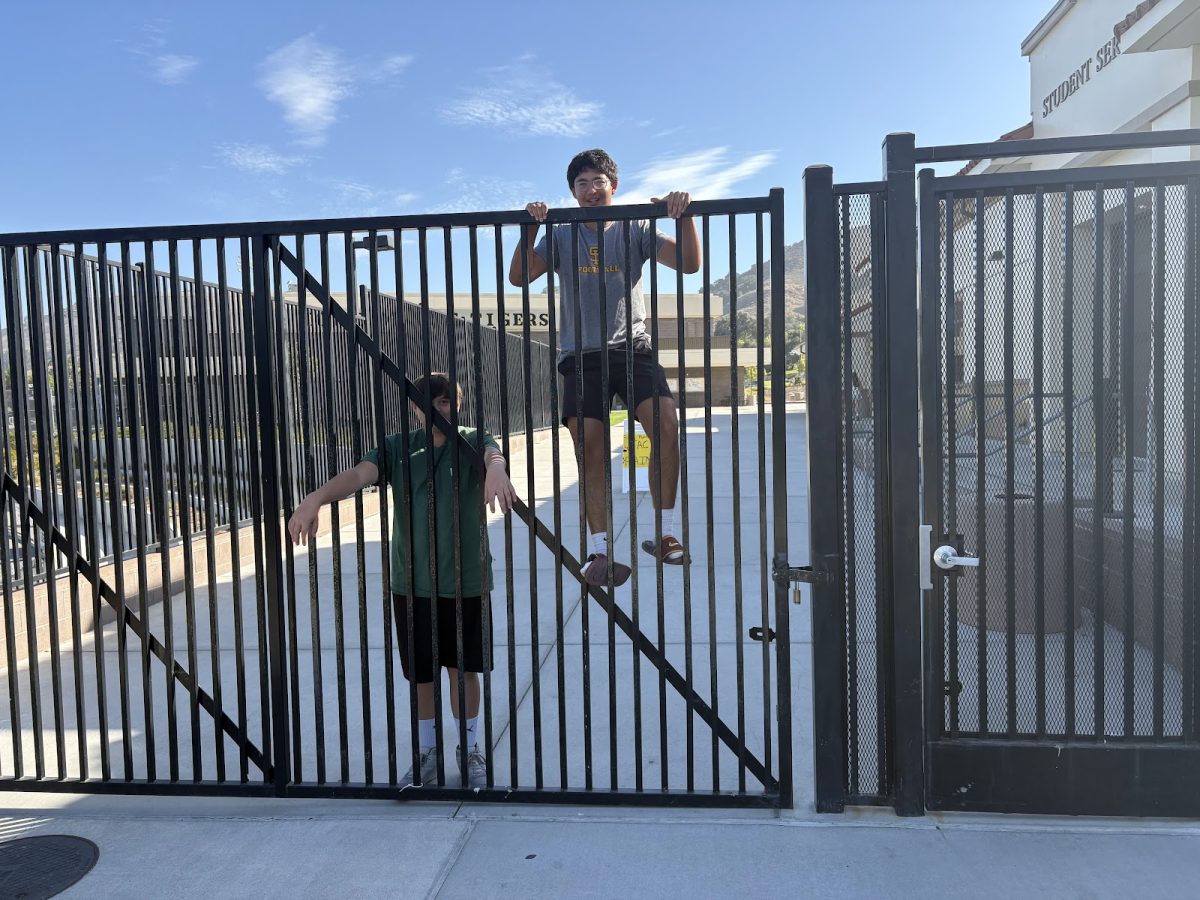More often than not, neurodivergent people are mistreated by the masses. Photo courtesy of Peachy Counselling.
The San Luis Obispo High School campus is full of diversity, from races and ethnicities to sexualities and gender identities. Unfortunately, this leaves much room for mistreatment based solely on a person being themselves. The most glaring level of this maltreatment is typically directed toward neurodivergent students, especially those with autism.
In fact, according to antibullyingpro.com, 75 percent of autistic students are mistreated by others in some fashion.
“My usual response to mistreatment is to either ignore it if it’s towards me or try to stop it if it’s towards someone else,” said senior Amy Funk.
Why? Why are these so easily intertwined? The most common answer is that neurodivergent people struggle to read social cues in the way most, for lack of better words, ‘normal’ people can, leading to a lesser understanding of social situations and being ostracized.
“It’s something that I’ve felt my whole life and it’s very rare to find spaces where that feeling isn’t present,” said senior Hunter Temple.
Feeling separated or dissociated from others is a glaring issue, especially when it comes to trusted adults and spaces on this campus. Both Funk and Temple agreed that there weren’t many people or places they could go to, and those that they could see felt skeptical at best.
So what can be done? When it comes to being treated badly, many say to ‘just ignore it’, or to tell people to stop. Any person who has experienced this knows that neither of these things work.
“If I get upset or try to do something about it, things usually just get worse,” said Temple.
It’s a depressing reality. Ignoring it can make one feel incapable and even worse, and standing up gives the bullies more ground to work with. These people look for what makes their victims tick. This is why neurodivergent folks tend to fall to masking, adopting traits of ‘typical’ people in order to avoid being pushed away or seen as different.
Emphasis on tend to, though. Not all neurodivergent students turn to this. In fact, some can feel empowered by their differences, despite the adversity.
“Honestly, I sometimes feel better being neurodivergent, like I can think of things that neurotypical people can’t,” said Funk.
All this to say, nobody knows what a person is struggling with inside their own heads. Be gentle with each other, Tigers.
Sources: antibullyingpro.com



